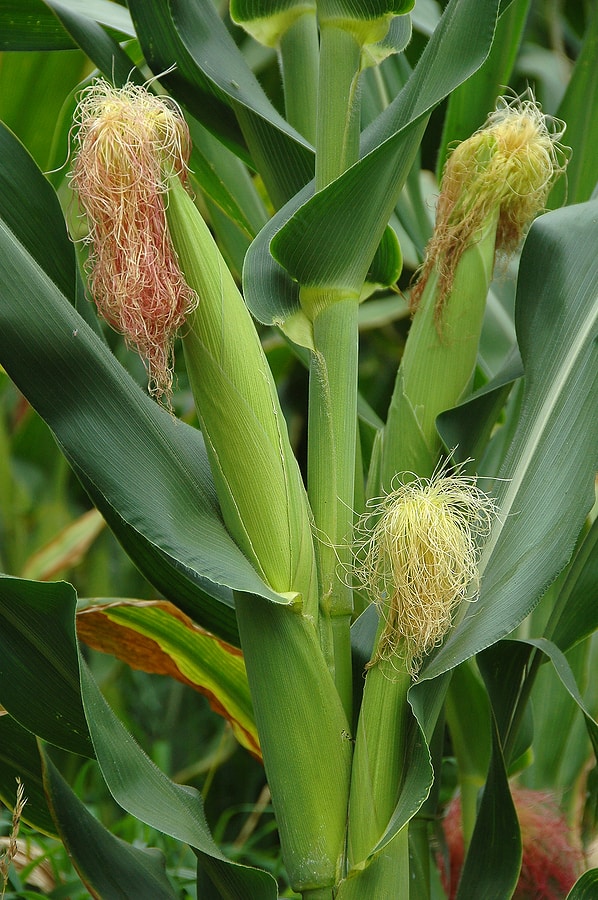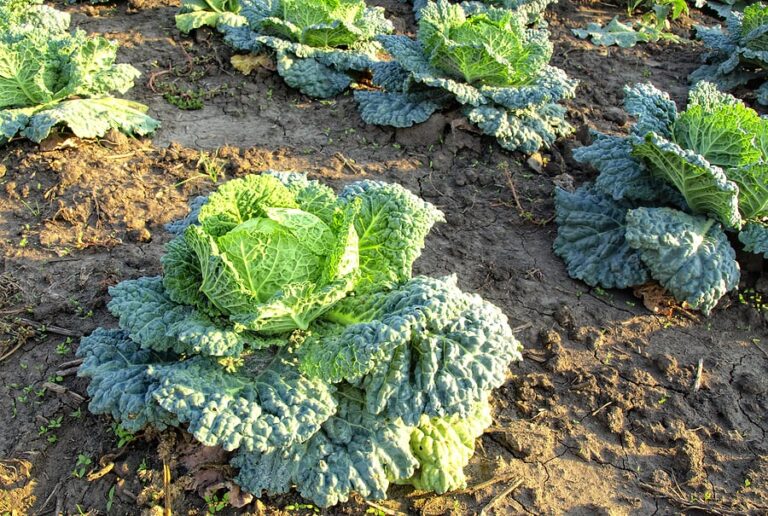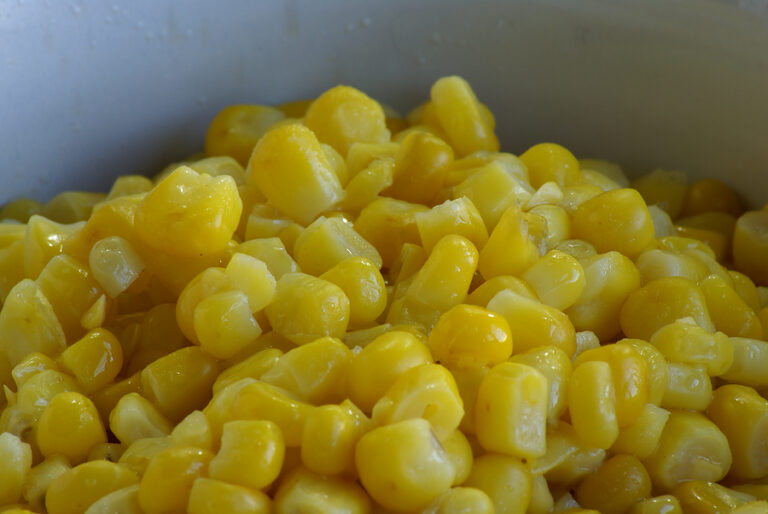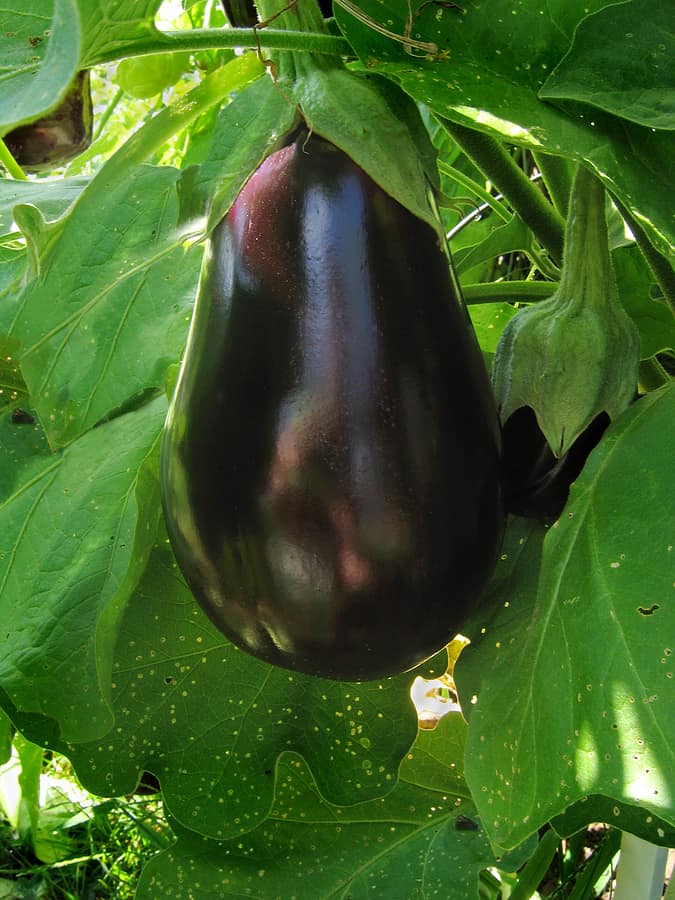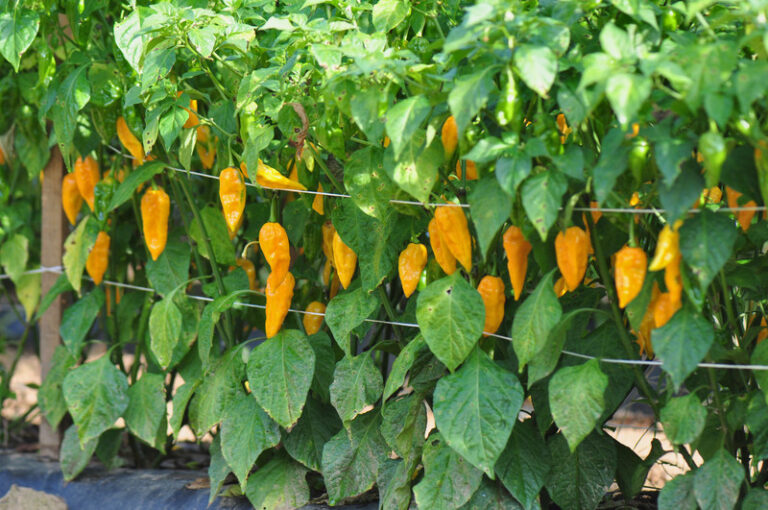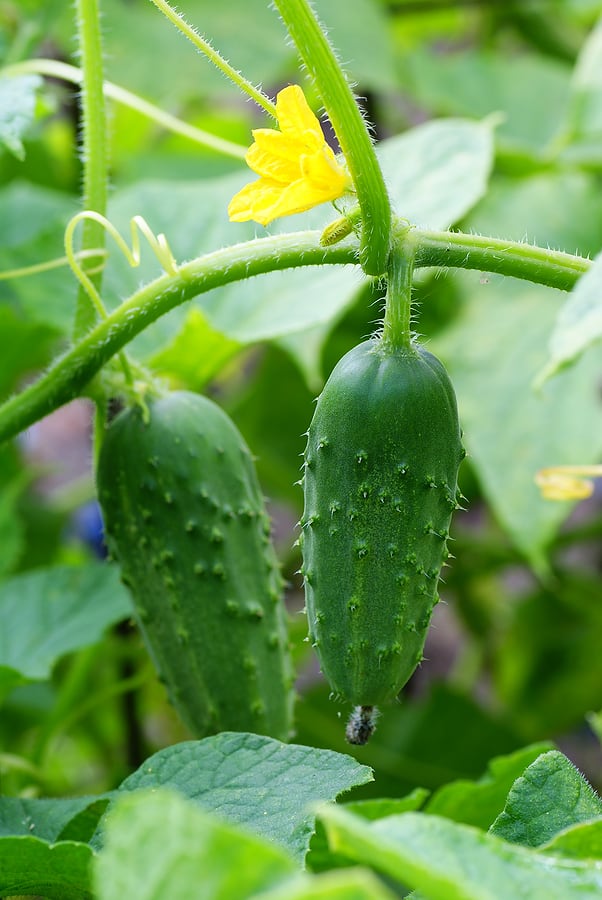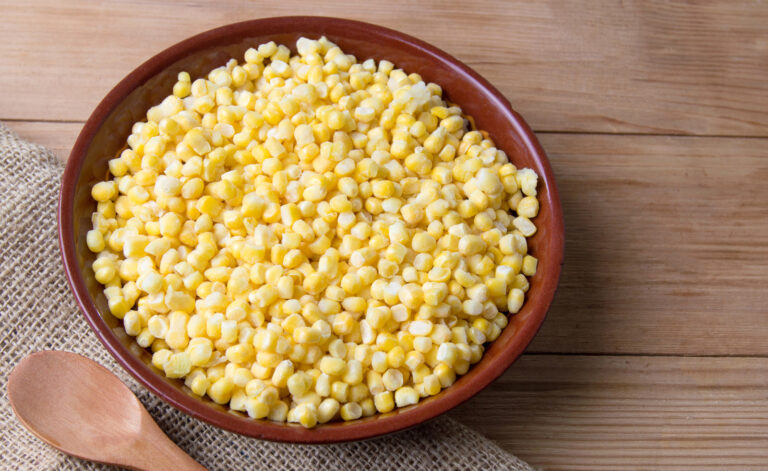How to Harvest and Store Sweet Corn
After more than 30 years of growing sweet corn in my home garden, I’ve learned that harvesting at just the right time is the key to capturing that perfect, sun-warmed sweetness. There’s nothing quite like pulling back the husk to reveal rows of plump, milky kernels—especially when you’ve timed the harvest just right. In this post, I’ll walk you through how to know when your sweet corn is ready, how to pick it like a pro, and how to store it to keep that just-picked flavor as long as possible. Whether you’re growing a classic sugary-enhanced variety like Bodacious or a fun ornamental like Glass Gem, timing and technique matter.
Sweet corn doesn’t wait—it’s best enjoyed within hours of harvest for peak flavor. But if you’re growing more than a few ears, proper storage becomes essential. I’ll share trusted tips from years of hands-on experience, including how to stagger your harvest for continuous picking, why early morning is the best time to harvest, and how chilling corn quickly after picking helps lock in flavor. With a little know-how, you can enjoy sweet corn at its best—fresh, frozen, or even in recipes all year long.
Corn is ready for harvest about 17 to 24 days after the first fine strands of silk appear at the top of the ears. Corn may ripen more quickly in hot weather and more slowly in cool weather.
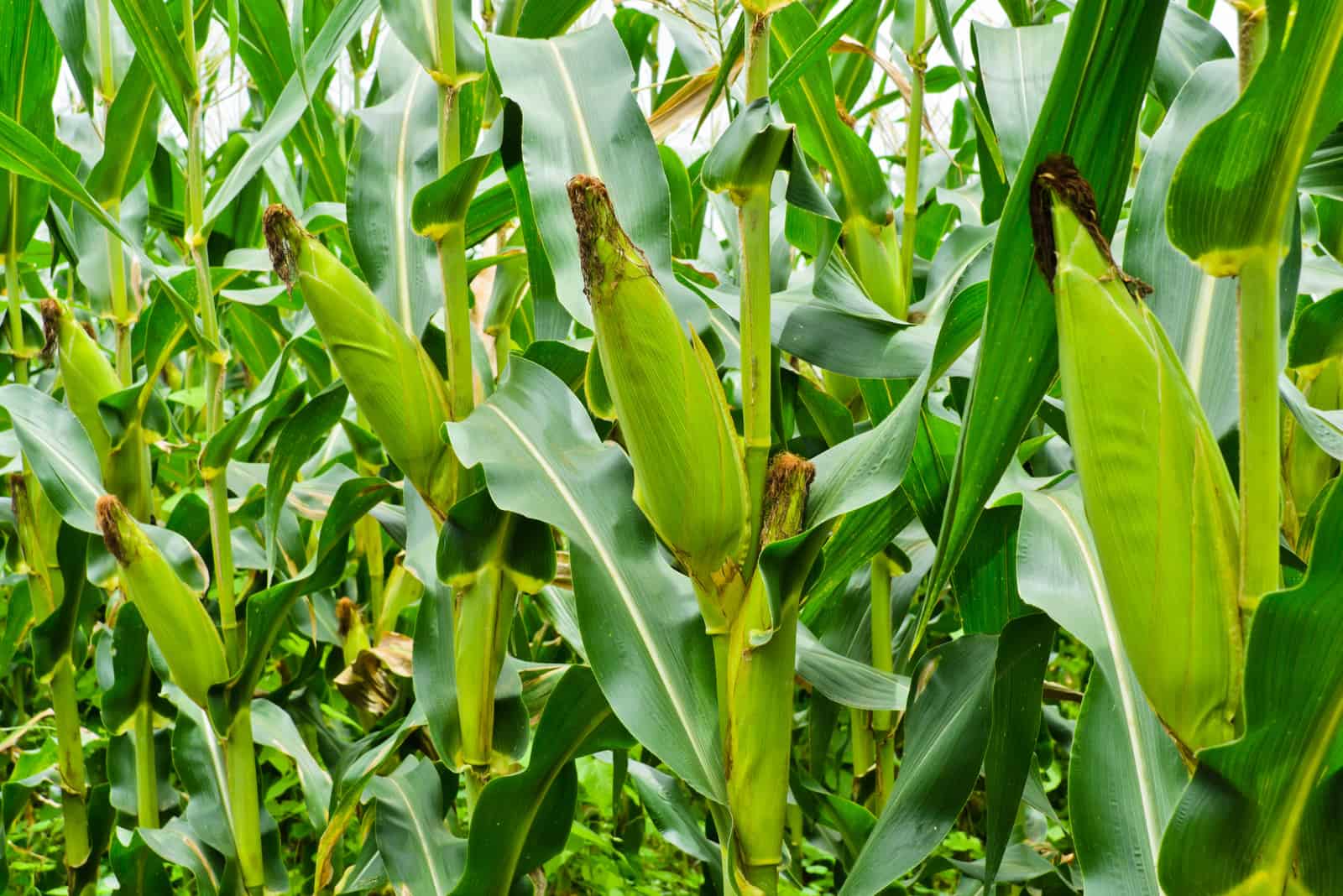
When to harvest sweet corn
- Pick corn after silks have turned brown and become dry. Ears should be plump and full to the touch and green. Kernels visible at the tip of the ear should be full-sized and yellow or white.
- The best time to harvest corn is in the morning when it is cool and before the ears are warmed by the sun. Picking corn during the heat of the day will result in the rapid conversion of natural sugars to starch. Pick early in the day when ears are sweetest
- If you must pick corn during the heat of the day, immediately plunge the ears into cold water or put them on ice for about 30 minutes. This will slow the conversion of sugars to starch.
- Most corn plants will yield two ears per stalk. A second ear will appear after the first and will be smaller than the first. Some hybrid varieties may yield more than two ears per stalk.
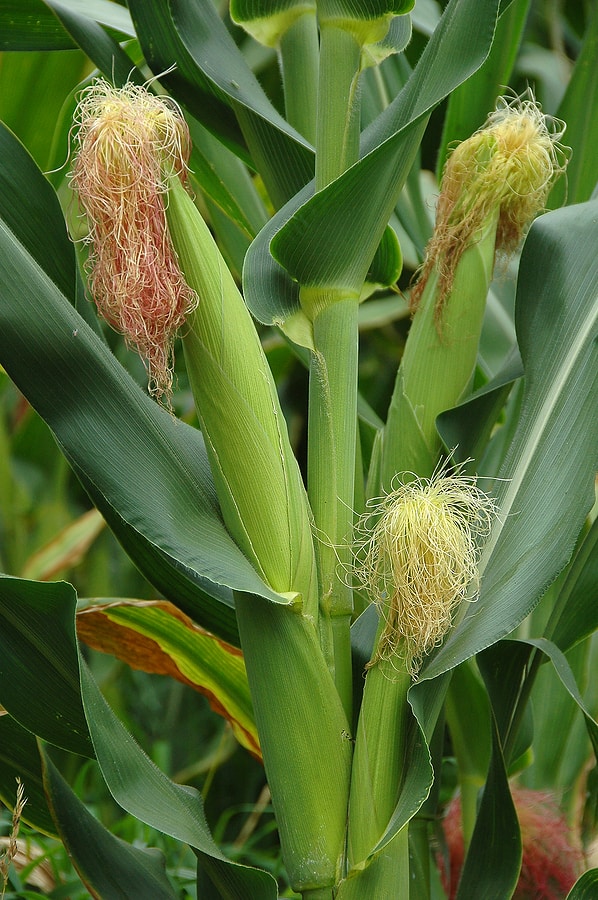
How to test sweet corn for ripeness
- To be sure an ear is ready for picking, peel back the top of the husk an inch or two and puncture a kernel with your fingernail.
- If the liquid is milky, it’s harvest time.
- If the liquid is clear and watery, the corn is immature and not ripe; wait another day or two and test again (but place a paper bag over the ear to prevent insect or bird damage until harvest).
- If the liquid is creamy or there is no sap, the ear is past ripe and the taste will be starchy, not sweet. Perfectly ripened corn will be sugary-sweet when tasted raw.
How to harvest sweet corn
- To pick an ear of corn, support the stalk with one hand and grip the ear firmly and twist downward and away from the stalk. The twist should remove the ear from the stalk.
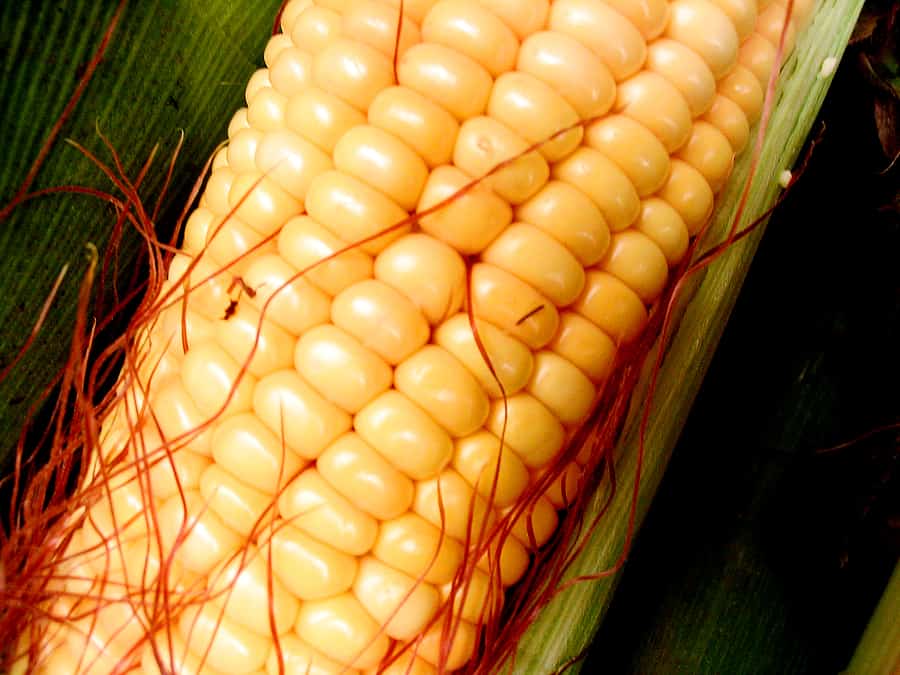
How to store sweet corn
- Corn for fresh use: For fresh eating, corn should be cooked as soon after harvest as possible—within an hour or two for the best flavor. Don’t remove the husks until you are ready to cook. You can store unhusked corn in the refrigerator for up to a week. Most varieties will keep in the refrigerator for up to one week.
- Freezing corn: Corn freezes well after blanching. You can blanch and freeze corn either on or off the cob. For freezing or canning, place ears in 1 gallon of boiling water and blanch for 3 minutes after the water returns to a boil. Cool ears and cut kernels from the cob at about three-fourths of the depth of the kernel. Do not scrape the cob.
- Canning corn: Can corn using a pressure cooker. Wash jars. Prepare lids according to the manufacturer’s instructions. Can whole-kernel corn in pints or quarts. Cream-style corn must be packed in half-pint or pint jars only.
- Pickling corn: Immature ears can be pickled.
Kitchen tips: Seven Ways to Cook and Serve Sweet Corn
Overview Post: How to Grow Corn: The Complete from Planting to Harvest
🌽 Related Posts: Explore More on Growing Corn
🌱 Getting Started with Corn
- Starting Sweet Corn from Seed: Proven Tips for Early Success
- When and Where to Plant Sweet Corn for the Best Yield
- Planting Sweet Corn: Spacing, Block Planting, and Depth Tips
- Can You Grow Corn in Containers? Yes-Here’s How
💧 Watering, Feeding, Pollination & Care
- How to Water and Fertilize Sweet Corn for Maximum Yield
- Sweet Corn Pollination: Natural and Hand-Pollination Tips
- The Best Companion Plants for Sweet Corn (And What to Avoid)
- What To Do When Corn Falls Over (Lodging Tips)
🌽 Harvest, Storage & Serving
- How to Harvest and Store Sweet Corn
- How to Store Fresh Corn and Preserve It for Later
- Seven Easy Wasy to Cook and Serve Sweet Corn
🐛 Pests, Diseases & Troubleshooting
🌟 Sweet Corn Varieties
Garden Planning Books at Amazon:
- Vegetable Garden Almanac & Planner
- Kitchen Garden Grower’s Guide Vegetable Encyclopedia
- Vegetable Garden Grower’s Guide
- Tomato Grower’s Answer Book
More harvest tips:
Learn when and how to harvest your favorite vegetables for the best flavor and texture. Get storage tips for each crop. Click on the vegetable you are growing below.
- Artichoke
- Arugula
- Asparagus
- Beans
- Beets
- Broccoli
- Brussels Sprouts
- Cabbage
- Cantaloupe — Melons
- Carrots
- Cauliflower
- Celery
- Chard
- Collards
- Corn, Sweet
- Cucumbers
- Eggplant
- Endive and Escarole
- Garlic
- Jerusalem Artichoke
- Kale
- Kohlrabi
- Leeks
- Lettuce
- Melons
- Okra
- Onions
- Parsnips
- Peas
- Peppers
- Potatoes
- Pumpkins
- Radicchio
- Rhubarb
- Rutabaga
- Spinach
- Squash, Summer
- Squash, Winter
- Sunchokes
- Sweet Potato
- Swiss Chard
- Tomatillo
- Tomatoes
- Turnips
- Watermelon

